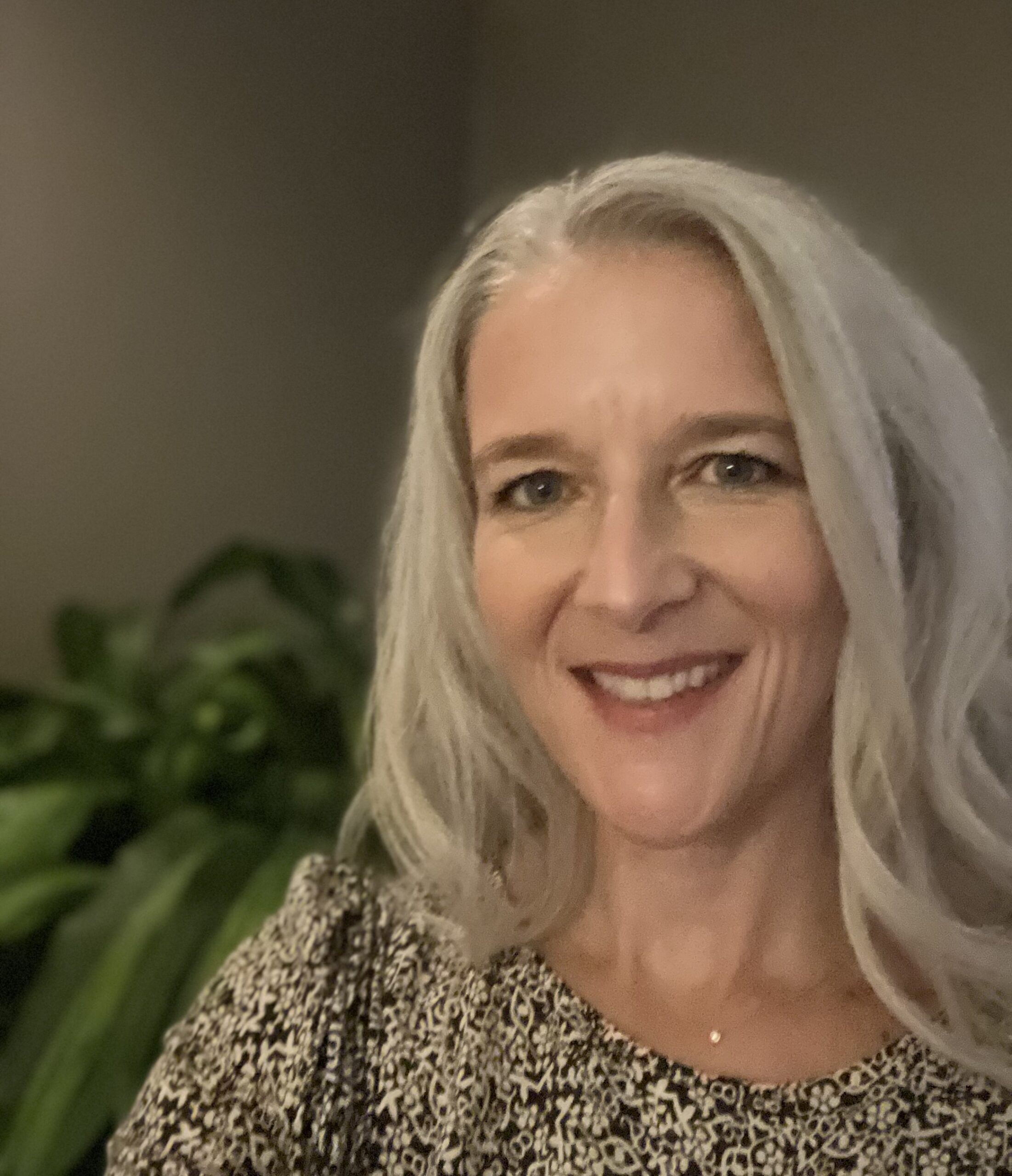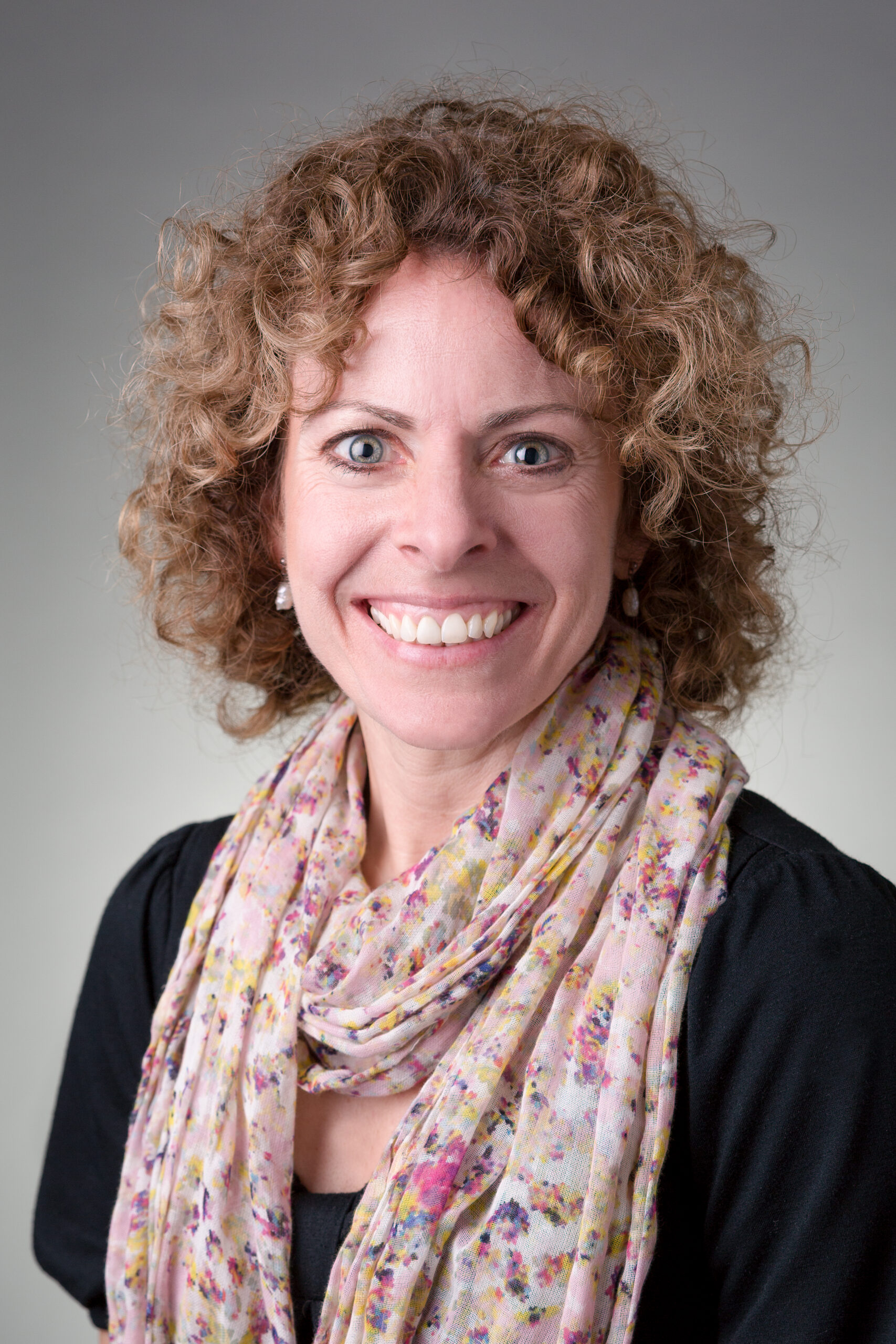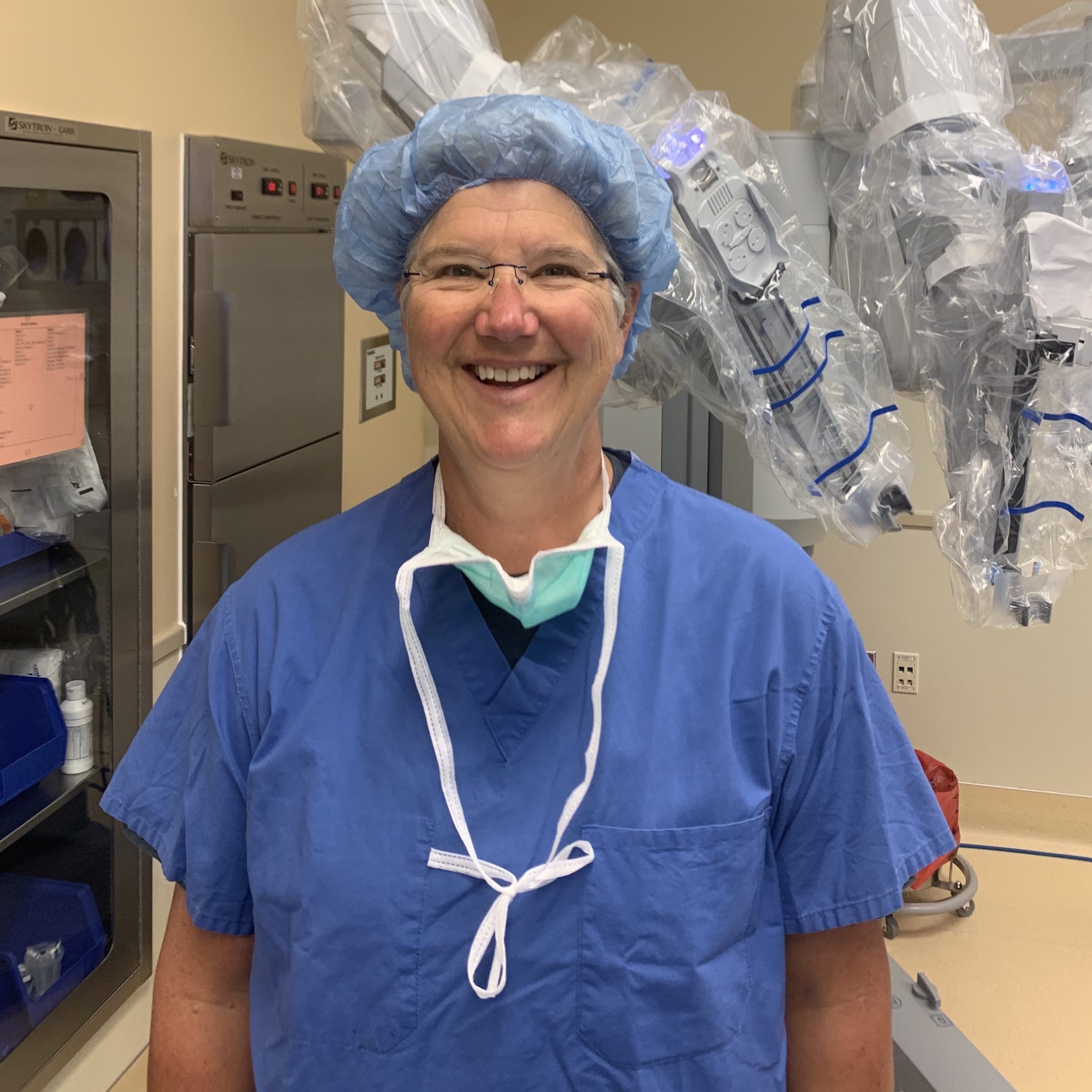
Lindsey Lawson, MS, L.Ac
Lindsey Lawson, MS, L.Ac
City: Seattle, Washington, USA
Visit types: Virtually and in person
Spoken languages: English
Interpreting services for other languages: No
Endometriosis is a complex, chronic disease that impacts many aspects of a patient’s life. I meet the patient where they are and treat their pattern and symptoms. My treatment philosophy involves a comprehensive approach that utilizes acupuncture, herbs, and vitamins, low-level laser therapy, dry needling, and acupuncture point injection therapy. I provide education on at-home therapies and encourage collaborative care. I reference and work closely with other providers, including excision specialists, reproductive endocrinologists, urologists, pain management specialists, naturopathic doctors, physical therapists, nutritionists, and therapists. I have a special interest in fertility, pregnancy, postpartum, and perimenopausal support.

Dr. Brooke Winner
Dr. Brooke Winner
Brooke Winner – Endometriosis Specialist
Summary: Dr Brooke Winner is a compassionate and highly skilled endometriosis specialist based in Seattle, Washington. With a deep belief in the embryologic origin theory of endometriosis, Dr Brooke Winner approaches care with the understanding that many patients are born with misplaced endometrial cells, explaining why symptoms often begin with the first period. She specializes in excision surgery, providing targeted and effective treatment tailored to each individual’s needs.
Dr Brooke Winner works closely with patients to explore hormone therapy options when appropriate, always prioritizing shared decision-making. She typically avoids treatments like Lupron or Orlissa due to potential side effects, but respects that they may benefit some patients. Her approach to persistent pain after surgery is holistic and multidisciplinary, incorporating pelvic floor therapy, acupuncture, nutrition, and mental health support. Patients appreciate her thoughtful, personalized care and commitment to long-term wellness.
City: Seattle, Washington, USA
Philosophy of Endometriosis Care: I believe in the embryologic origin theory, which basically says you are born with the endometriosis cells in the wrong place. This would explain why so many endometriosis patients say that their periods have been terrible ever since they started.
What type of surgery do you perform for endometriosis: Excision
Medication: Some patients respond well to hormone therapy, and others do not. There is no “one size fits all” approach. We will discuss the options available, the pros and cons given your unique situation, and ultimately the decision is up to you. We typically do not use Lupron or Orlissa to treat endometriosis due to significant side effects, although there are some patients who have found these medications helpful as well.
Approach to Persistent Pain After Surgery: The persistence of symptoms postoperatively is multifaceted and requires a multidisciplinary approach. One common issue is pelvic floor muscle spasms, in which case pelvic floor physical therapy can be helpful. Vaginal suppositories, acupuncture, massage, nutrition and mental health counseling can all be beneficial as well.
Website: https://www.fullspectrumgyn.com/
Instagram: https://www.instagram.com/dr.brookewinner/

Sarah Rae, RDN, CD, CLC
Sarah Rae, RDN, CD, CLC
Visit Type: Virtual
City: Seattle, WA
Spoken languages: English
Interpreting services for other languages: No
I’m a registered dietitian who specializes in endometriosis symptom management and fertility nutrition. My passion is helping people with endometriosis find freedom with food so that they can improve their symptoms to live their best lives. I help patients discover what foods trigger or improve their symptoms, lifestyle interventions that reduce stress and improve quality of life, and how to navigate evidence-based approaches for endometriosis management. I also help patients struggling with weight changes (weight gain or loss) through non-restrictive nutrition interventions practiced in intuitive eating.
The right diet can’t cure endometriosis, but it can help improve symptoms. Diet can improve bowel-related symptoms such as bloating, constipation, and diarrhea. It can also help patients who have symptoms of SIBO. Working with a dietitian can help people who are navigating a trial of a gluten-free or low-FODMAP diet and help determine if those restrictions are helping them. The research points to an anti-inflammatory diet, rich in omega-3s and low in trans-fats and inflammatory foods, as the best approach for improving endometriosis symptoms.

Julianne Simpson, PT, DPT
Visit types: Office/Hospital
Spoken languages: English, some French
Interpreting services for other languages: No
Philosophy of care and typical treatment strategies:
I provide trauma-informed and inclusive care for people of all genders. I use visceral mobilization, fascial work, education, Postural Restoration Institute theories, pain science education, and listening to help people move better and participate in what they love.

Sarah Woodward, PT, DPT
Sarah Woodward, PT, DPT
Sarah Woodward – Endometriosis Physical Therapist
Summary: Sarah Woodward, PT, DPT, is a compassionate endometriosis physical therapist at Luminous Physio in Seattle, WA. Sarah Woodward emphasizes collaboration with her patients to tailor treatment plans that address the unique impact endometriosis has on each individual. With extensive training in manual therapies such as fascial mobilization, visceral manipulation, myofascial release, and joint mobilizations, Sarah Woodward works to reduce pain and improve mobility. Her approach includes functional movement, breath techniques, and personalized strengthening and stretching programs designed to support long-term well-being. Understanding the complexities of endometriosis symptoms—including pelvic floor issues, joint pain, fatigue, and bloating—Sarah Woodward prioritizes patient education to empower self-management. Her goal is to help patients progress toward meaningful life activities, offering supportive care throughout every stage of their journey. Sarah Woodward is dedicated to being a trusted partner in your healing and recovery process.
Visit types: Office/Hospital, At home, Virtual
Spoken languages: English
Interpreting services for other languages: No
Philosophy of care and typical treatment strategies: I prioritize patient-physical therapist collaboration in treating all of my patients, and especially my patients with endometriosis, as this disease can impact each person so differently.
I do have extensive training in the implementation of many manual treatments, including fascial mobilization, visceral manipulation, myofascial release, trigger point release, and various types of joint mobilizations that we can utilize to reduce pain and improve motion. I use functional movement, breath techniques, and positional strategies to help you get through the bad days, and also provide individualized progressive strengthening/stretching/
I take my role as an educator very seriously. I will teach you as much as I can to help you manage the musculoskeletal aspects of your symptoms, including unwanted pelvic floor symptoms (such as incontinence, pain with sex, painful bladder syndrome, or constipation), joint pains, muscle pains, fatigue, and bloating.
My goal is to help you progress toward the things that are most important to you, wherever you are in your endometriosis journey.
I would be honored to be part of your medical team.

Terri Sullivan, PT, DPT
Terri Sullivan, PT, DPT
Terri Sullivan – Endometriosis Specialist
Summary: Terri Sullivan, PT, brings over 20 years of diverse physical therapy expertise with a special focus on women’s pelvic floor health. Combining her strong orthopedic background with specialized pelvic care, Terri Sullivan, PT, provides comprehensive treatment that addresses the whole musculoskeletal system, recognizing how interconnected the body truly is.
Sullivan PT carefully to each patient’s concerns to develop personalized, multimodal treatment plans. Her approach to managing endometriosis and pelvic floor issues includes manual therapy techniques such as myofascial release, soft tissue and visceral mobilization, alongside postural education, movement retraining, exercise, pain management, and nutritional guidance. Terri’s warm, upbeat personality makes each session both effective and enjoyable, creating a supportive environment where patients feel empowered throughout their healing journey. Whether you’re dealing with pelvic pain or other related conditions, Terri Sullivan’s expert care is focused on helping you regain function and improve quality of life.
Visit types: Office/Hospital
Spoken languages: English
Interpreting services for other languages: No
Philosophy of care and typical treatment strategies:
I would probably call myself a ‘Jane of all Trades’ as I have learned several different specialties to help a variety of patients. Now, as a physical therapist with 20+ years’ experience, I have settled into devoting my skills to helping women with pelvic floor issues. I also have a very strong background in orthopedic physical therapy, which not only helps in women’s health but makes me versatile and able to assess a multitude of injuries and conditions. When caring for my clients, I listen closely to formulate the most effective way to address their concerns and improve their function. I like to address the whole musculoskeletal system during treatment. Everything is connected and can be a cause of source of a patient’s problem. Lastly, I am an exuberantly happy person, and I will try to make your session not only beneficial, but fun. Regarding treatment of endometriosis, I use a multimodal approach to help my patient with their issues. After performing a thorough examination, I design a plan of care that is discussed with the patient. Sessions can include manual therapy (myofascial release, soft tissue mobilization and visceral mobilization), postural education, functional and movement retraining, exercises, pain management, and nutritional considerations.

Dr. Cindy Mosbrucker
Dr. Cindy Mosbrucker, M.D.
Dr Cindy Mosbrucker – Endometriosis Specialist, Urogynecologist
Summary: Dr Cindy Mosbrucker MD is a highly respected endometriosis specialist and urogynecologist based in Gig Harbor, Washington. Dr. Mosbrucker brings a compassionate, evidence-based approach to endometriosis care, guided by the belief that peritoneal metaplasia, influenced by genetics, plays a key role in the disease. With a focus on thorough evaluation and individualized treatment, Dr Mosbrucker prioritizes conservative hormone therapy and advanced excision surgery. She avoids GnRH therapies, favoring progestins and multimodal postoperative pain management to enhance patient recovery.
Dr Mosbrucker’s approach to persistent pelvic pain is holistic and thoughtful. Recognizing that most postoperative pain stems from myofascial or pelvic floor dysfunction, she frequently partners with physical therapists and employs non-opioid treatments. Patients searching for expert care from Dr Cindy Mosbrucker MD can trust in her meticulous, patient-centered philosophy focused on long-term relief and improved quality of life.
City: Gig Harbor, Washington, USA
Philosophy: Peritoneal metaplasia, which is genetically influenced
Medication: I do not use any GnRH agonists or antagonists. I will use progestins (either norethindrone or Prometrium) for suppression when necessary, either while waiting for surgery or for those recurrent pains typically from ovarian cysts. I am not opposed to OCPs or progestin-containing IUDs s however, their utility is not as good as progestins alone. I use multimodal pain management postop with TAP blocks, an On-Q pump, gabapentin, tramadol, Sprix (ketorolac nasal spray), antiemetics, and minimal narcotics.
Approach to Persistent Pain: Figure out what is causing their pain. At least 75% of the time, it is myofascial, usually related to pelvic floor spasm. Most of my patients are referred to PT post-op. IC patients are taught installations usually before surgery, but sometimes postop. Those prone to adhesion formation are referred to as visceral mob PTs around 6-8 weeks postop. For those with pain after these interventions, we consider repeat surgery, and my reoperation rate is somewhere between 5% and 10%.

